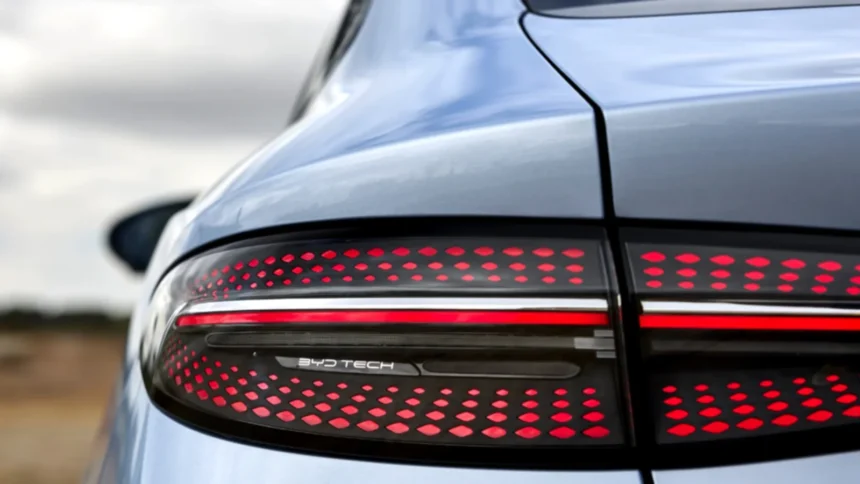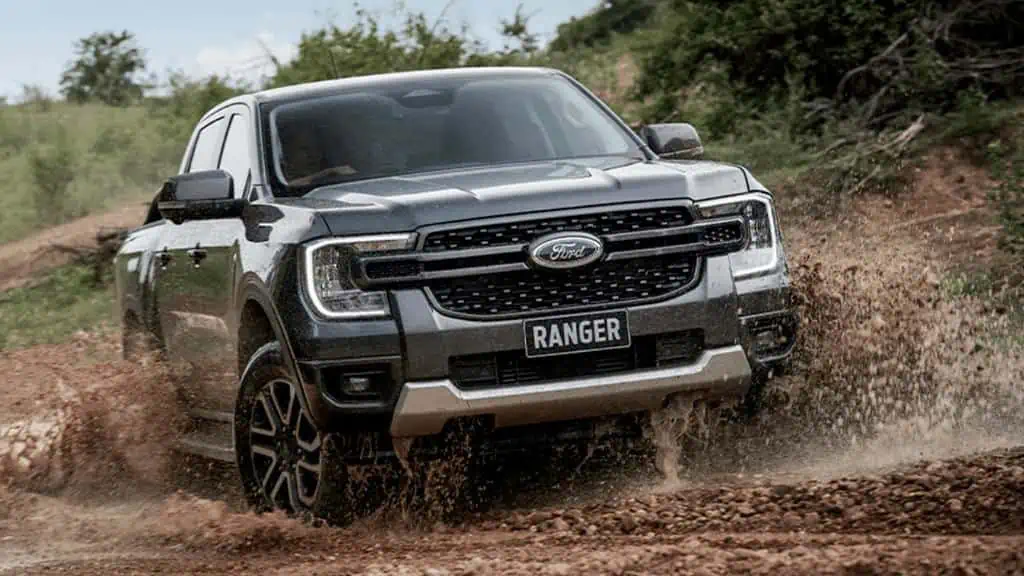Chinese electric vehicle giant BYD is gearing up to penetrate Canada as it aims to claim a bigger share of the North American market, Automotive News reports, citing public documents filed with Ottawa in late July 2024.q
Filing highlights BYD’s interest in Canadian electric vehicle market
BYD plans to join the competition in the electric vehicle market in Canada, which Tesla currently leads.
The move could stimulate government scrutiny as Ottawa trade officials mull imposing additional tariffs on Chinese electric vehicle imports.
According to the documents recently filed with Ottawa, lobbyists on behalf of BYD registered with the federal and Ontario governments to “advise on matters related to the expected market entry” of the Chinese NEV giant into the domestic market for passenger electric vehicle sales. In addition, they are also seeking counsel about the potential formation of a new business and tariffs on electric vehicles.
While the documents did not reveal the timeline for BYD’s Canadian market entry, an auto industry source disclosed that the company has recently had a meeting with local dealers about establishing dealerships.
“Ports of entry”
The new filings come as the Canadian government explores potential import tariffs to curb the surge of Chinese electric vehicles and protect its domestic industry.
BYD is already making strides in North America due to its solidifying presence in the Mexican market. It already delivered the initial batch of 100 Yuan Plus units to the country last June. It also recently delivered its $53,400 Shark plug-in hybrid electric truck in the domestic market, challenging the popularity of the Toyota Hilux and Ford Ranger. In addition, it is nearing a deal to establish a new Mexican plant to build the Shark PHEV, generating more than 1,000 job prospects for the locals.
BYD Mexico Manager Zhou Zhou asserted that the company can leverage the country as a “key export nation,” mirroring the strategies of other players like Kia, BMW, Stellantis, and Tesla, who have announced plans to produce EVs in the country.
AutoForecast Solutions CEO Joe McCabe backed this statement by saying that BYD could utilize Canada and Mexico as “ports of entry,”, particularly to the US market.
Uneven playing field
Canada is closing on its own review of Chinese state support for EV players that could lead to import tariffs like the EU’s anti-subsidy probe. For context, federal trade and finance officials kicked off the 30-day consultations on July 2, 2024.
Automotive Parts Manufacturers Association (APMA) President Flavio Volpe was one of the early people to voice out concerns over state-backed affordable EVs’ potential to sabotage North American manufacturing. He noted that Chinese EVs’ share of imports in the Mexican market surged to 19.7% in 2023 from just 5.4% in the prior year. He further explained that China is employing what he calls a “tactical deployment” of affordable EVs.
“They play in the market and see how quickly they can get in.”
Automotive Parts Manufacturers Association (APMA) President Flavio Volpe
President Volpe admitted that North American automakers “operate in the same way.” However, he outlined that the difference is that most Chinese players are “state-owned and centrally planned.”
“It’s not an even playing field, and we need to address it…
We’ll be displacing American market share if we don’t. Believing the Chinese will operate in good faith in this space is naive.”
Automotive Parts Manufacturers Association (APMA) President Flavio Volpe
Suppose BYD succeeds in penetrating the Canadian market despite the tariff threats. In that case, it will become the first of China’s major homegrown automakers to compete in the domestic passenger EV market with its low-cost offerings. With a potential launch in Canada, BYD is closing in on the US market.






